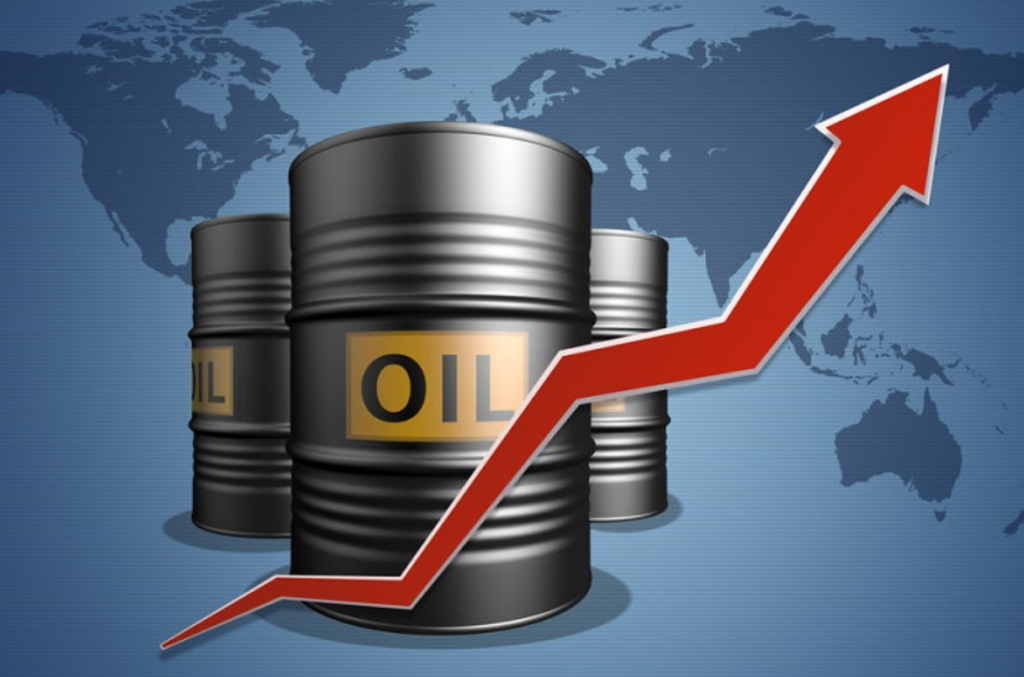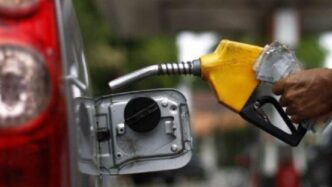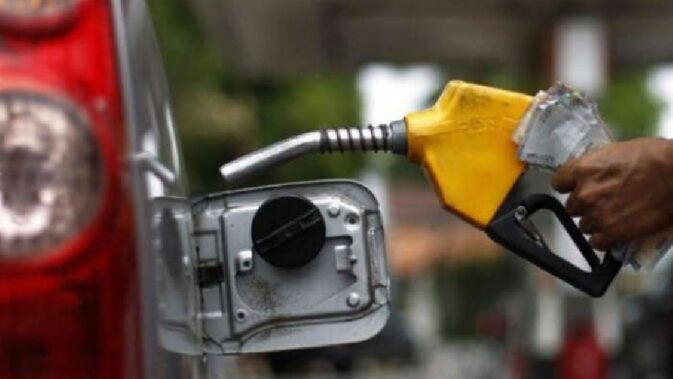The rising conflict between Israel and Iran has pushed global oil prices to new highs, leaving Nigerian consumers to bear the brunt.
As tension grows in the Middle East, depot prices across Nigeria have risen sharply triggered by fears of a major disruption in global oil supply.
Crude oil surged from \$68 to \$74 per barrel, marking an 8.8% jump in just a few days.
The increase, fueled by Iran’s threat to block the Strait of Hormuz, has created fresh uncertainty for Nigeria’s fuel market.
This strait is a key waterway responsible for moving over 20% of global oil and gas.
In response, ten leading petrol marketers, including Aiteo, Dangote, Rainoil, and Emadeb, raised depot prices.

These increases range from minor adjustments to spikes of over ₦40 per litre in some cases.
Depot price changes have been confirmed by petroleumprice.ng, with some marketers recording more than a 4% increase.
For instance, Emadeb moved from ₦827 to ₦845, while Pinnacle jumped from ₦829 to ₦845. MENJ raised its rate from ₦810 to ₦850, the steepest adjustment so far.
Investment bank JP Morgan has predicted crude may soar to \$120–\$130 per barrel if the Strait of Hormuz is shut due to military attacks.
Dr. Muda Yusuf, Director of the Centre for the Promotion of Private Enterprise (CPPE), stated,
“The war introduces troubling dimensions to an already unstable global economy.”
He added, “For Nigeria, the implications are mixed—presenting both risks and opportunities.”
While oil-exporting countries may benefit from increased revenue, the impact on ordinary Nigerians could be painful.
Yusuf explained that the sudden jump in energy prices will affect petrol, diesel, gas, and aviation fuel.
“These rising energy costs will feed directly into inflation,” he warned.
“We also expect imported inflation due to the global impact of higher energy prices.”
This price surge may lead to tougher borrowing conditions.
He noted, “Higher inflation may prompt tighter monetary policy, leading to rising interest rates and more challenging borrowing conditions for Nigerian businesses.”
Petroleum economist Professor Wumi Iledare described the situation as a “double-edged sword.”
While global oil markets are turning bullish, thanks to OPEC+ policies and strong demand, the outcome for Nigeria remains unclear.
“This price surge offers a potential windfall in foreign exchange and budget support,” he said. “But risks remain, and Nigeria must maximize this opportunity while managing the challenges.”
However, the Organisation of Gas Producers and Suppliers Association of Nigeria (OGSPAN) believe that oil price hikes could boost Nigeria’s 2025 budget revenue and they also caution that without better output and local refining, any gains may be short-lived.












